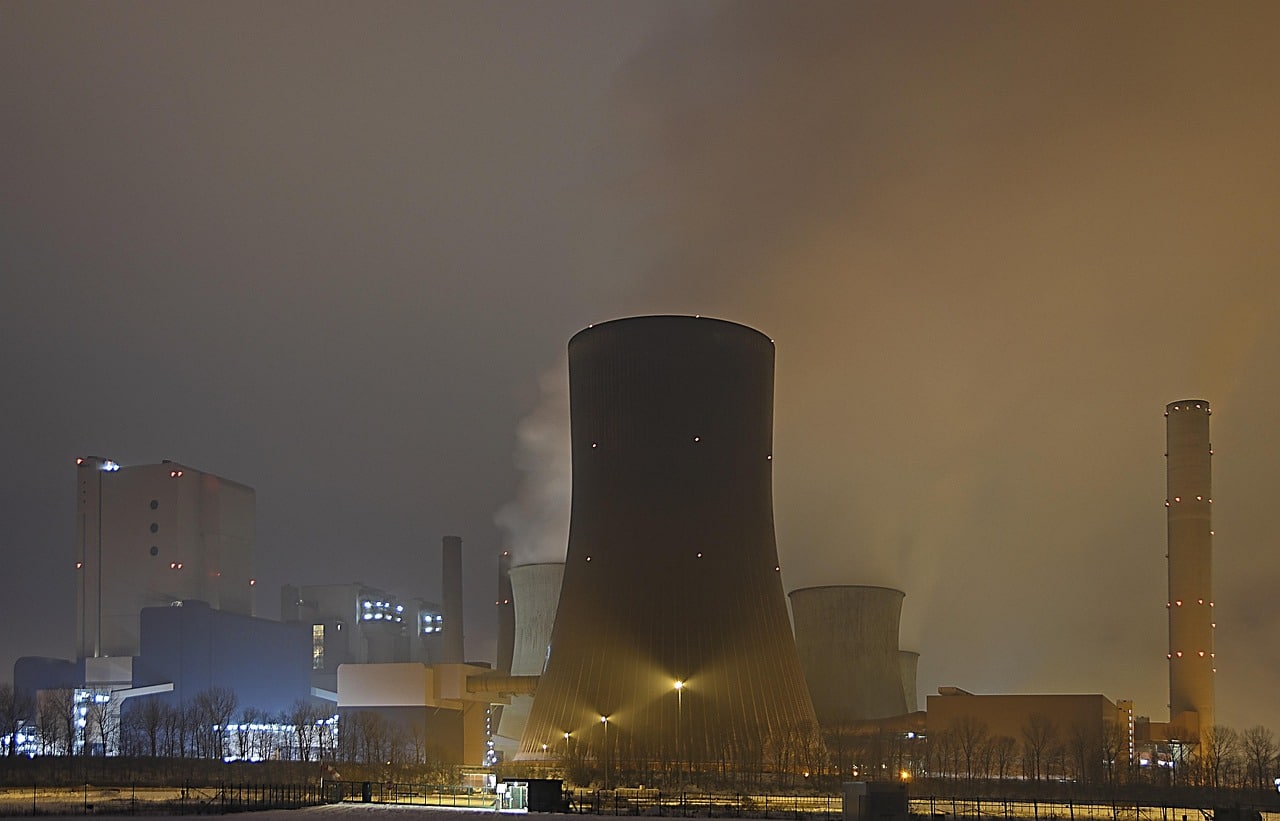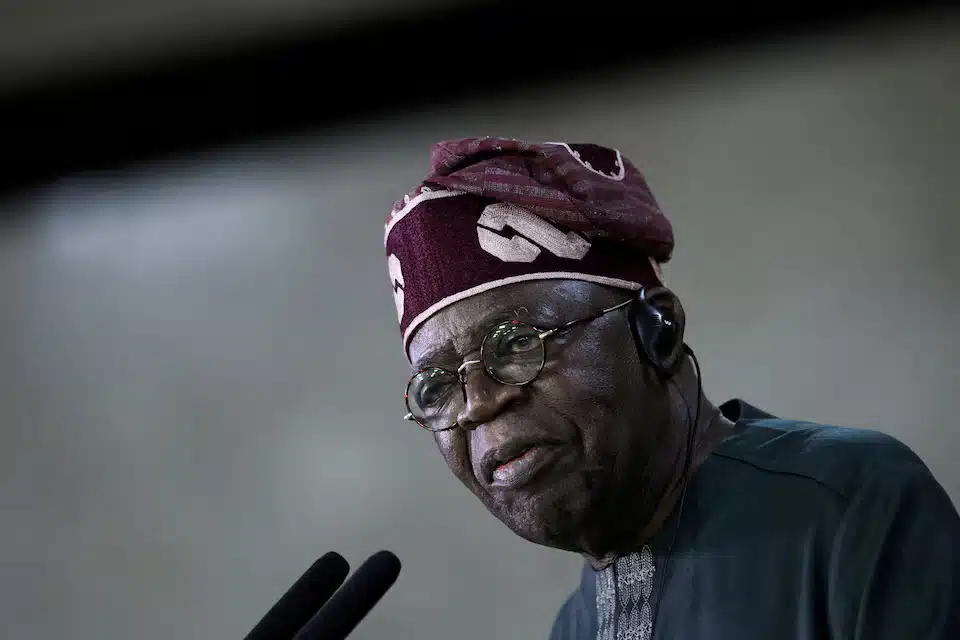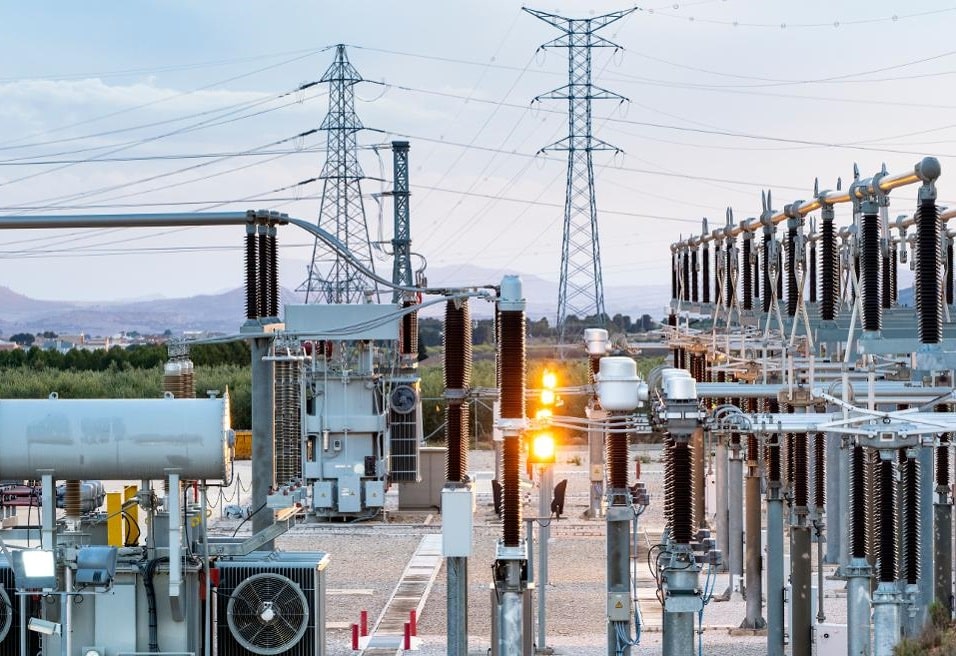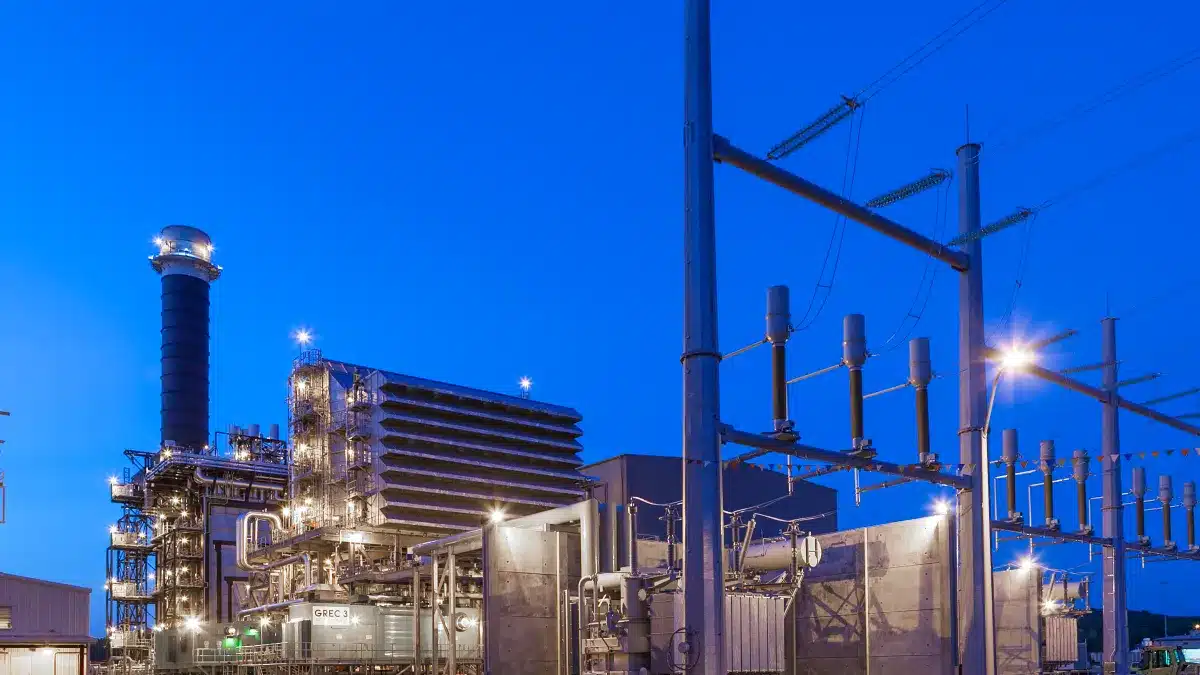Ethiopia and Russia have signed a new agreement to construct the country’s first nuclear power plant, representing a key step in Ethiopia’s plan to expand and diversify its energy mix.
The facility will be built using VVER-1200 reactor technology, one of the most advanced and safest reactor models in the world.
Russian Ambassador to Ethiopia, Evgeny Terekhin, confirmed the development in an interview with TASS, describing the plan as a “new practical step” toward project implementation.
He said the plan outlines steps, such as forming a joint working group, drafting a roadmap, conducting a feasibility study, and signing an intergovernmental agreement.
Terekhin said the agreement signals the start of extensive work that will cover plant design, industry development, and adherence to IAEA international safety standards.
The agreement, signed by Rosatom Director General Alexey Likhachev and EEP CEO Ashebir Balcha, sets out a roadmap for developing Ethiopia’s nuclear infrastructure and conducting feasibility studies for the plant.
The project gained momentum following the signing of an Action Plan on September 25, 2025, in Moscow between Rosatom and Ethiopian Electric Power (EEP).
Long-term nuclear partnership
Russia and Ethiopia’s partnership in nuclear energy dates back to 2019, when both countries signed an intergovernmental agreement during the Russia–Africa Summit in Sochi.
The agreement created a legal framework for collaboration in several areas including nuclear safety regulation, radioactive waste management, nuclear materials protection, and training of specialists.
It also covers research and radioisotope production for use in medicine, agriculture, and industry, as well as the development of Ethiopia’s nuclear infrastructure to meet international standards.
The recent action plan builds on that foundation, signaling the two countries’ transition from policy-level cooperation to practical implementation.
Why this matters
Ethiopia’s push for nuclear power comes amid rising electricity demand and overreliance on hydropower, which supplies more than 80% of the country’s electricity.
Seasonal droughts and inconsistent rainfall have made power generation increasingly unstable, affecting industries and households alike.
By adding nuclear energy to its power mix, the government aims to ensure energy security, support industrialization, and expand electricity access.
The move deepens Russia’s growing presence in Africa’s energy sector, where Rosatom already has active projects in Egypt, Nigeria, Rwanda, and Mali.
For Ethiopia, the partnership indicates not only a major push but also a strategic effort to build local expertise and capacity in nuclear technology.
Ambassador Terekhin expressed optimism that nuclear cooperation will become a “flagship direction” in Russia–Ethiopia relations, supporting the country’s drive toward energy independence.
Once projects are completed and a formal intergovernmental agreement is signed, Ethiopia could join the rising number of African nations turning to nuclear energy to secure their future power supply.
The success of this collaboration has the potential to reshape Ethiopia’s energy landscape, transforming a long-held ambition into a major step toward sustainable energy security.










